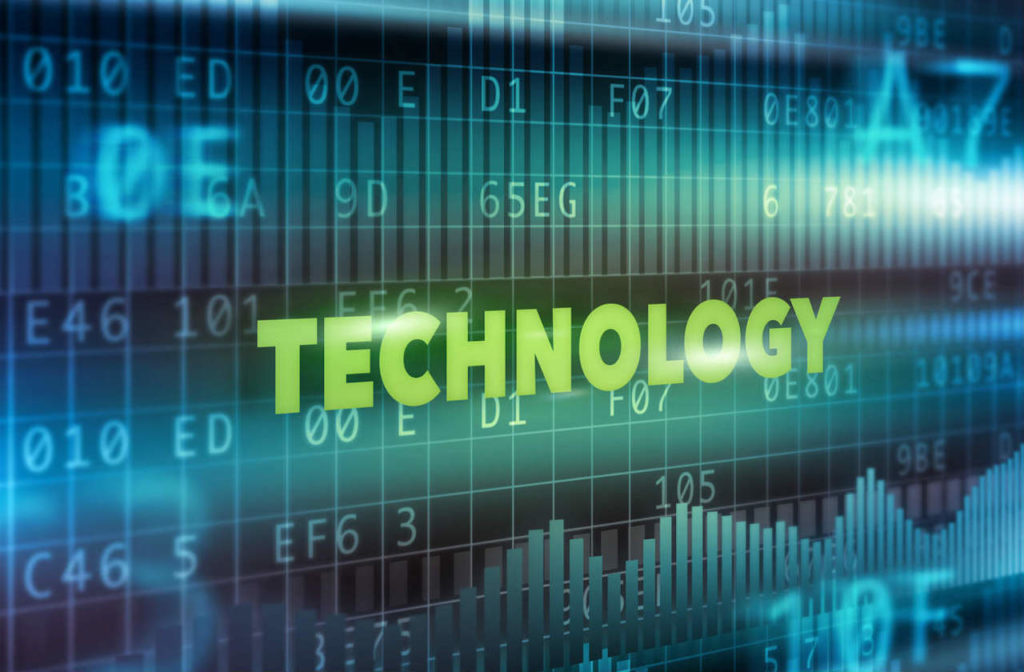
U.S. stocks made solid gains Thursday as Apple and Qualcomm led a rally in technology companies. Drugmakers and health insurers also rose.
Apple changed course and rose a day after it introduced three new iPhone models and updates to the Apple Watch. Chipmakers recovered after a steep drop the day before.
Stock indexes in Turkey and other emerging markets rose after the Turkish central bank raised interest rates sharply in response to the nation’s currency crisis.
Technology stocks are edging higher after a four-day losing streak last week, their longest since April. Investors worried about the prospect of heavier regulation for companies like Facebook, Twitter and Alphabet.
That uncertainty comes right before a shift in the tech sector later this month. Companies including Facebook, Netflix and Alphabet, Google’s parent company, will move into a new group called “communications services.”
Lindsey Bell, an investment strategist with CFRA, said the changes could encourage investors to look at smaller technology companies that may have been overlooked compared to giants like Apple and Alphabet.
“Some of these software companies do have great potential, and I think they’ve been underappreciated,” she said.
The S&P 500 index gained 15.26 points, or 0.5 percent, to 2,904.18. The Dow Jones Industrial Average rose 147.07 points, or 0.6 percent, to 26,145.99. The Nasdaq composite jumped 59.48 points, or 0.7 percent, to 8,013.71. The Russell 2000 index of smaller-company stocks dipped 1.38 points, or 0.1 percent, to 1,714.32.
Apple climbed 2.4 percent to $226.41 and Qualcomm rose 4 percent to $74.61 after it announced a $16 billion stock repurchase. Other chipmakers including Skyworks and Broadcom also rose.
Insurance companies reversed their recent loses and home improvement retailers slipped as Hurricane Florence weakened somewhat. The slow-moving storm is expected to reach the East Coast Friday and might remain around the Carolinas for days, but investors figure that it won’t do as much damage as previously estimated, and property insurers won’t have to pay out as much.
RenaissanceRe jumped 2.7 percent to $130.95 and Everest Re climbed 3.1 percent to $220.69.
Supermarket company Kroger dropped 9.9 percent to $28.58 after its sales fell short of Wall Street forecasts.
The Department of Labor said its index of consumer prices edged up 0.2 percent in August, and it’s risen 2.7 percent over the past year. That’s a bit slower than the 2.9 percent it reported in July. Investors have worried that faster inflation could threaten economic growth and the current bull market.
Cable channel operator Discovery rose another 3.7 percent to $31.84. The stock jumped 7.7 percent Wednesday after the company announced a deal that will make more of its programming available on the streaming service Hulu.
The S&P 500 is divided into 11 industrial sectors that track industries like energy and health care. A few of those sectors will change before the start of trading on Sept. 24.
The new communications services group will include Facebook, Netflix, Alphabet and Twitter, as well as media companies like Disney, telecom companies like AT&T, which recently bought the media conglomerate Time Warner, and video game makers like Activision Blizzard.
The technology sector will get smaller, but it will still be the largest portion of the benchmark index. Bell, of CFRA, said the changes might cause some volatility in the stock market as funds adjust their holdings. But she said the changes should make the two sectors a bit easier to understand.
Turkey’s central bank raised its key interest rate to contain the nation’s currency crisis and inflation. The Turkish lira rose 4.4 percent against the U.S. dollar and Turkey’s main stock index gained 2.4 percent.
President Recep Tayyip Erdogan had repeatedly and publicly pushed the bank to keep rates low. That shook investors’ confidence, as they grew worried about the bank’s independence and Turkey’s ability to react to inflation, slowing growth, and its diplomatic spat with the U.S.
The stock indexes of Argentina, Russia and Mexico also rose. Hong Kong’s Hang Seng index jumped 2.5 percent after it fell for nine of the previous 10 days.
Acorda Therapeutics dropped 2.4 percent to $18.05 after announcing that the Food and Drug Administration will take three more months to review its inhaled Parkinson’s disease treatment Inbrija.
The stock sank 25 percent Monday after Acorda said an appeals court ruled that four patents on its drug Ampyra are not valid, paving the way for other companies to sell their own versions. The stock has plunged 34 percent over an eight-day losing streak.
Goldman Sachs ended an 11-day losing streak. It rose 0.1 percent to $228.33.
Benchmark U.S. crude slid 2.5 percent to $68.59 a barrel in New York. It jumped 4.3 percent over the previous two days. Brent crude, used to price international oils, shed 2 percent to $78.18 a barrel in London.
Wholesale gasoline fell 2.1 percent to $1.99 a gallon. Heating oil lost 1.5 percent to $2.22 a gallon. Natural gas slipped 0.4 percent to $2.82 per 1,000 cubic feet.
Bond prices ticked lower. The yield on the 10-year Treasury note rose to 2.97 percent from 2.96 percent.
The dollar rose to 111.88 yen from 111.22 yen. The euro rose to $1.1692 from $1.1632.
Gold fell 0.2 percent to $1,208.20 an ounce. Silver dipped 0.3 percent to $14.24 an ounce. Copper rose 0.3 percent to $2.68 a pound.
The German DAX added 0.2 percent and France’s CAC 40 slipped 0.1 percent. In Britain, the FTSE 100 fell 0.4 percent.
Japan’s benchmark Nikkei 225 added 1 percent and the South Korean Kospi rose 0.1 percent.


